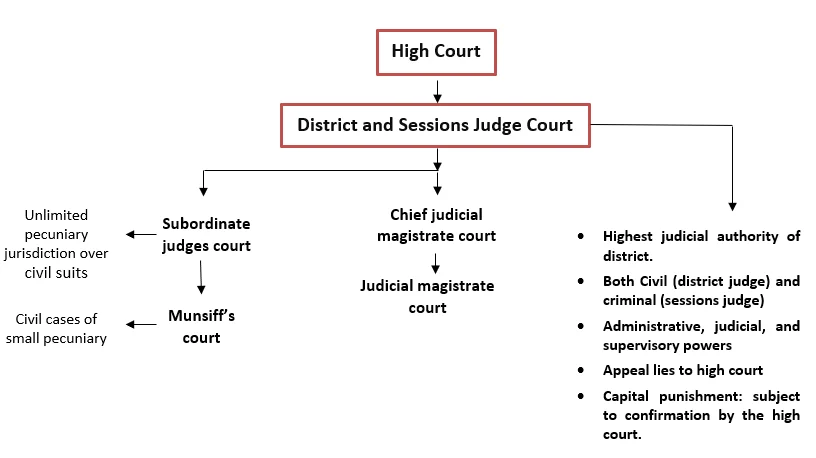![]() March 26, 2024
March 26, 2024
![]() 83
83
![]() 0
0
Subordinate Courts are situated below the high court, these courts handle a wide range of civil and criminal cases, providing access to justice for citizens across various jurisdictions. Their role includes adjudicating disputes, interpreting laws, and upholding the rule of law at the local level. Understanding the structure and functions of subordinate courts is crucial for comprehending the overall framework of the legal system and ensuring equitable access to justice for all.

Conclusion
<div class="new-fform">
</div>

Latest Comments